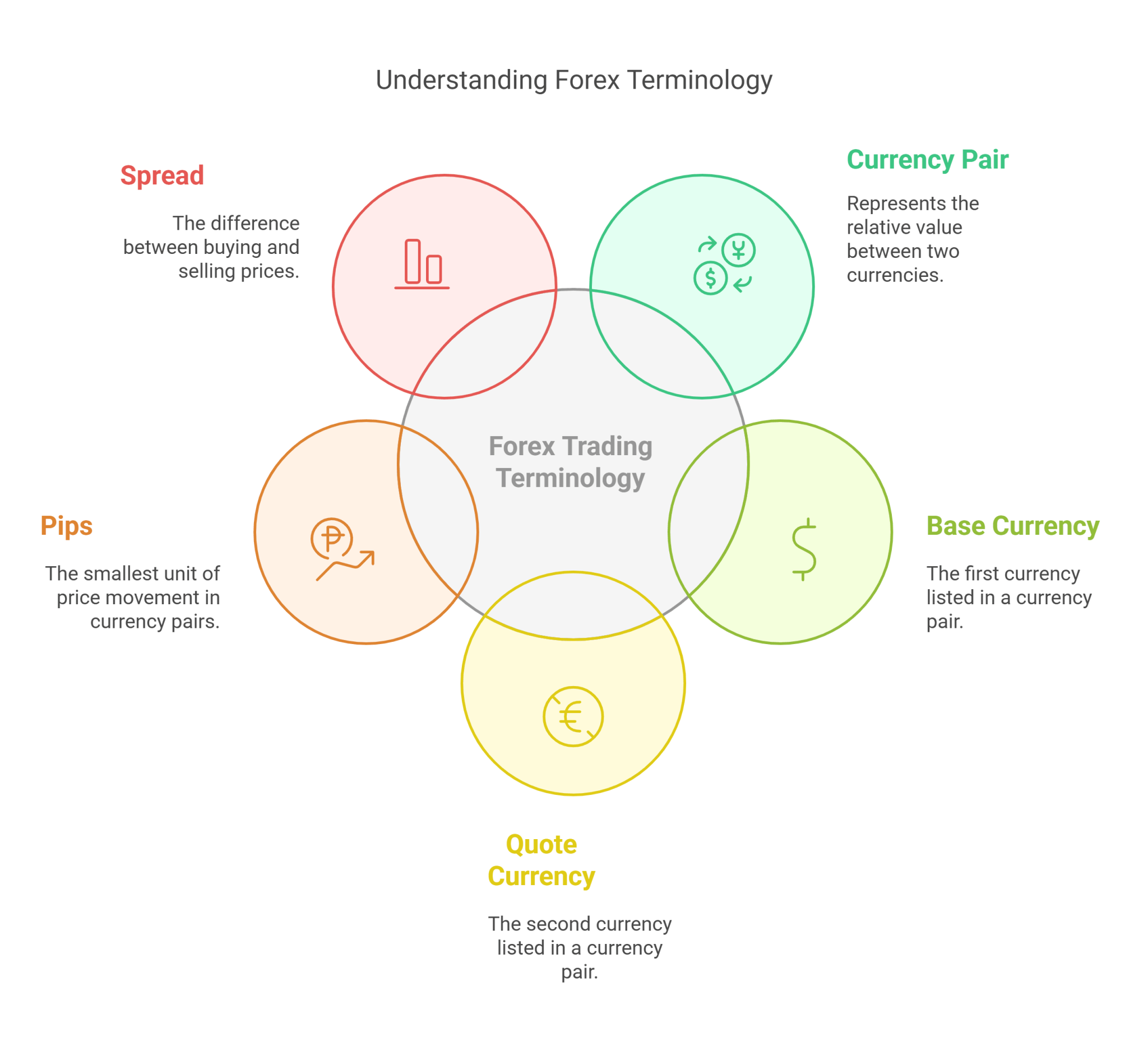Unlock the Power of Currency Trading with Safal Finedge
At Safal Finedge, our Currency Trading services provide seamless access to the global forex market—one of the most liquid and high-volume financial markets in the world, with a daily turnover of nearly USD 7.5 trillion. Popularly known as Forex (FX) Trading, it involves trading currency pairs such as USD/INR, GBP/INR, EUR/INR, and more.
Our platform is designed to help you trade with clarity and confidence in a market that operates 24 hours a day, 5 days a week, across major financial centers like London, New York, Tokyo, and Sydney. Whether you’re hedging against currency fluctuations or speculating on price movements, we equip you with real-time data, advanced tools, and expert research.
Trade on SEBI- and RBI-regulated exchanges such as NSE, BSE, and MCX-SX, with the comfort of INR-based settlements, eliminating the need for foreign currency accounts. With secure infrastructure, margin trading capabilities, and a client-first approach, Safal Finedge empowers both beginners and experienced traders to make informed currency trades—strategically and securely.
Trusted Currency Trading Partner
Deep Market Insights & Forex Strategies
Live Rates & Smart Analytical Tools
Regulated Trading on NSE, BSE & MCX-SX
Why Invest in the Indian Currency Market
Growing Interest in Forex Trading
Trade on Regulated Exchanges – NSE, BSE & MCX-SX
High Liquidity with 24×5 Global Market Access
Linked to Global Price Movements
Trade Currencies with Confidence and Clarity
At Safal Finedge, we help you explore the fast-paced world of Currency Trading (Forex) with the perfect blend of intelligent technology, expert research, and strategic support. Currency trading involves buying and selling currency pairs like USD/INR, GBP/INR, EUR/INR, where one currency is exchanged for another—reflecting global economic trends and monetary movements.
Our platform enables smooth and regulated trading in key INR-based currency pairs:
Major Pairs – USD/INR, EUR/INR, GBP/INR, JPY/INR
Global Market Exposure – access price movements influenced by international economies
Available 24×5 – trade anytime, as the forex market never sleeps
We don’t just execute trades—we equip you with real-time data, trend analysis, and risk management tools, so you can make informed, timely decisions in a market driven by interest rates, inflation, geopolitics, and global demand-supply cycles.

Key Terminologies in Forex Trading You Should Know
Currency Pair
Represents the value of one currency relative to another—e.g., in USD/INR, it shows how much INR (quote currency) is needed to buy 1 USD (base currency).
Base & Quote Currency
The base currency is listed first (e.g., USD), and the quote currency comes second (e.g., INR). The pair reflects the exchange rate between them.
Pips
The smallest unit of price movement in a currency pair. Even tiny pip changes can impact profits in high-volume trades.
Spread
The difference between the bid and ask price—essentially the cost of trading a currency pair, often influenced by market liquidity and volatility.
Get Started in 3 Easy Steps
Step 1
Start Online Registration
Enter your basic personal details to begin the account opening process.
Step 2
Upload KYC Documents
Submit your PAN, Aadhaar, cancelled cheque, and proof of income online as per SEBI guidelines.
Step 3
Activate & Start Trading
Once verified, your Demat cum Trading account is activated with the currency segment enabled—ready for forex trading.
Get started
Schedule your personalized consultation today!

We are better together.
Drop your contact details into the form, and we’ll reach out to you!
OR REACH US AT:
C-72, East End Apartment,
Mayur Vihar Phase-I, Extension,
Delhi-110096
T: +91 88004-77472
E: info@safalfinedge.com

